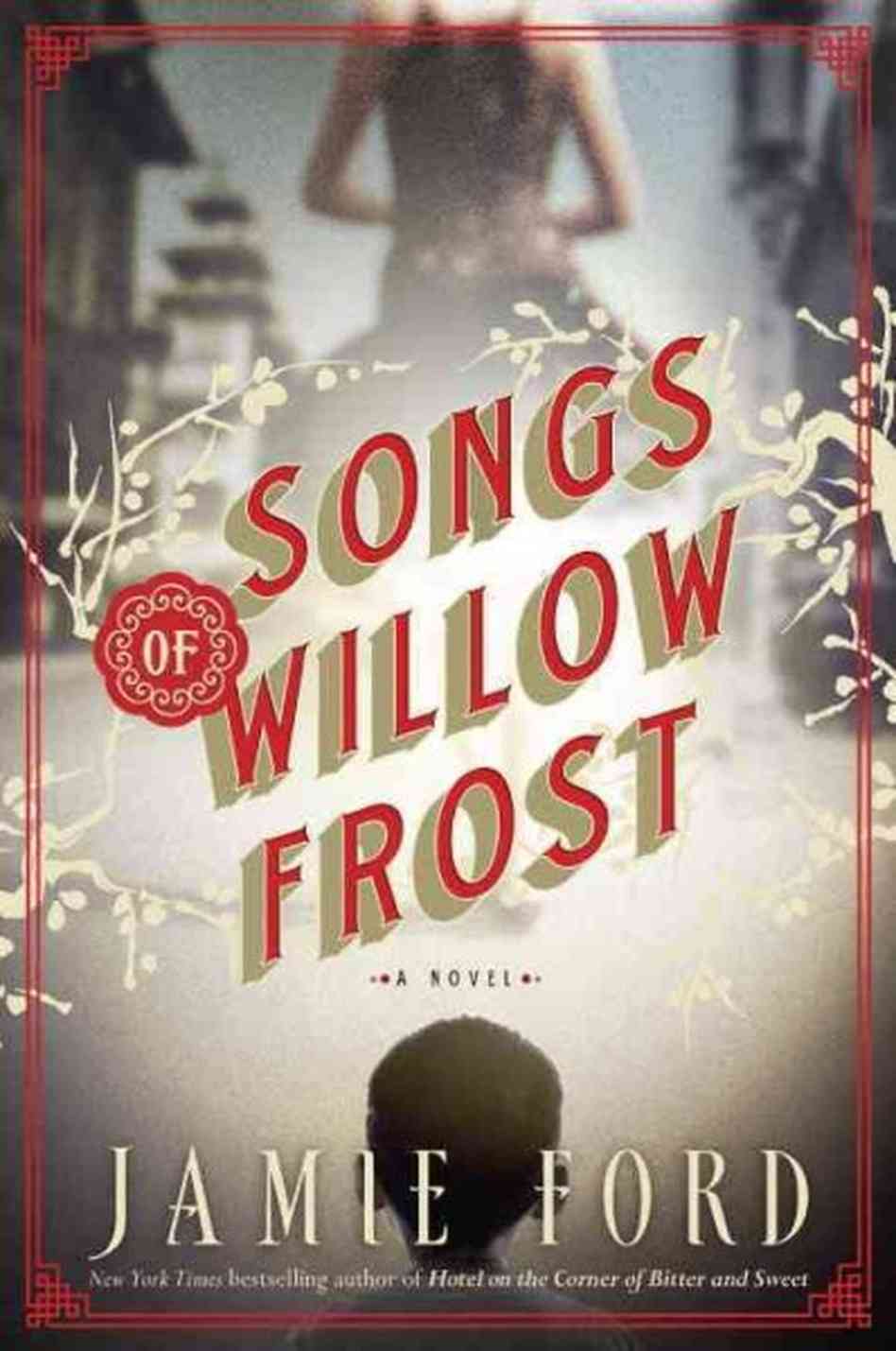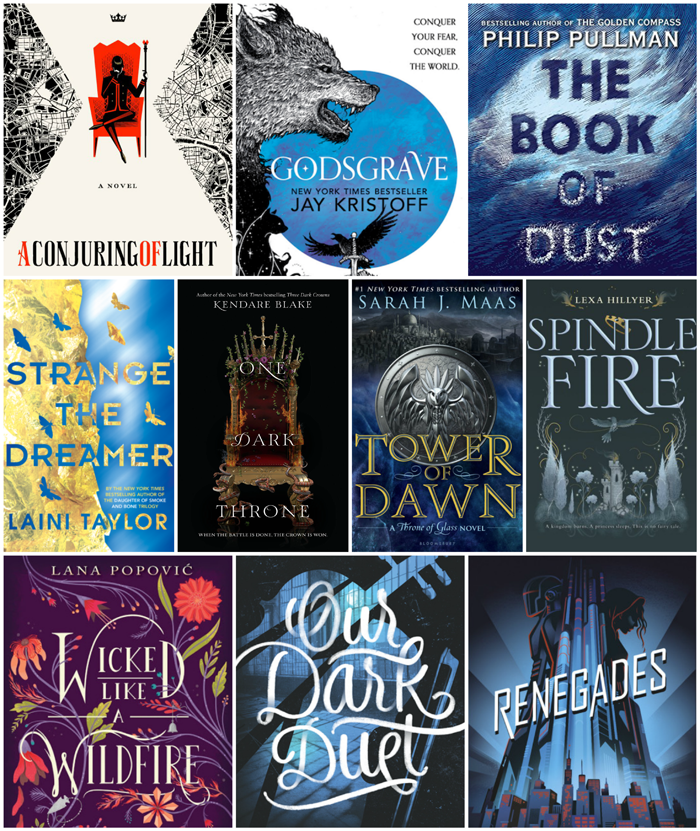Songs of Willow Frost has been incredibly well reviewed; Helen Simonson, author of the marvellously entertaining Major Pettigrew’s Last Stand, very much enjoyed it, and other critics have deemed it ‘dazzling’, ‘spellbinding’, ‘enchanting’ and ‘unforgettable’.

Published in 2013 and beginning in 1934, Songs of Willow Frost tells the story of William Eng, a young Chinese boy who resides at the Sacred Heart Orphanage in Seattle. Whilst on an annual jaunt to the cinema to celebrate the given birthday of all of the boys who reside there, William is confronted by an image of an actress named Willow Frost, and is immediately convinced that she is his mother. ‘The story of Willow Frost’, Ford tells us, ‘is far more complicated than any Hollywood fantasy’. His mother, contrary to what he believes, is not dead; rather, she was placed into a ‘funny farm’ when he was small: ‘The lonely years had been easier to endure when he’d imagined his mother dead. He hurt and he grieved, but that sorrow was less heartbreaking than the thought of his ah-ma alive and well, leaving him behind like a stray dog’.
The day on which we are introduced to our young protagonist is his twelfth birthday. This is ‘a marvellous age’, he is told by Mother Angelini, ‘the precipice of adult responsibility’. The room which William, the only Chinese boy in the orphanage, has to call home is perfectly evoked at the outset: ‘He kept his eyes closed as he listened to the bare feet of children, shuffling nervously on the cold wooden floor. He heard the popping and billowing of sheets pulled back, like trade winds filling a canvas sail. And so he ducked, on the favoring currents of his imagination, as he always did, to someplace else – anywhere but the Sacred Heart Orphanage, where the sisters inspected the linens every morning and began whipping the bed-wetters’.
Throughout, William’s own naivety and innocent ignorance of certain things is very touching indeed. When the orphans are taken to the cinema, for example, he is made to sit in the ‘colored’ balcony, to which he has the following reaction: ‘Am I colored? William wondered. And if so, what color am I?’ The social history of the period has been well evoked, and Ford encompasses such issues as the Great Depression and consequent spread of poverty; the state benefits in existence for orphans and the disabled; prohibition and its effects; and widespread racial prejudices. Tired of the boundaries – both within the orphanage and society as a whole – which so tightly constrain him, William breaks free, setting out with his friend, a conscientious and caring blind girl named Charlotte, to find Willow Frost.
Songs of Willow Frost is both captivating and compelling, and holds a lot of interest from the very beginning. Along with William’s story, we learn about Willow Frost’s past, and the mistakes which she is so determined not to repeat. The writing within is sensual, and the third person perspective which Ford has chosen to use works wonderfully; it is not at all detached, as it can so often be, and the characters are followed in a manner which seems almost sensitive. Songs of Willow Frost is at once literary in its style, and very easy to read. The Chinese culture, along with all of its complexities, has been well exemplified. The novel is reminiscent of Amy Tan’s work, in terms of the characterisation and the bridges both built and burnt between two such vastly different cultures. There is much of interest within Songs of Willow Frost, and it is certainly a novel which I will be recommending.
Purchase from The Book Depository
Advertisements Share this:




